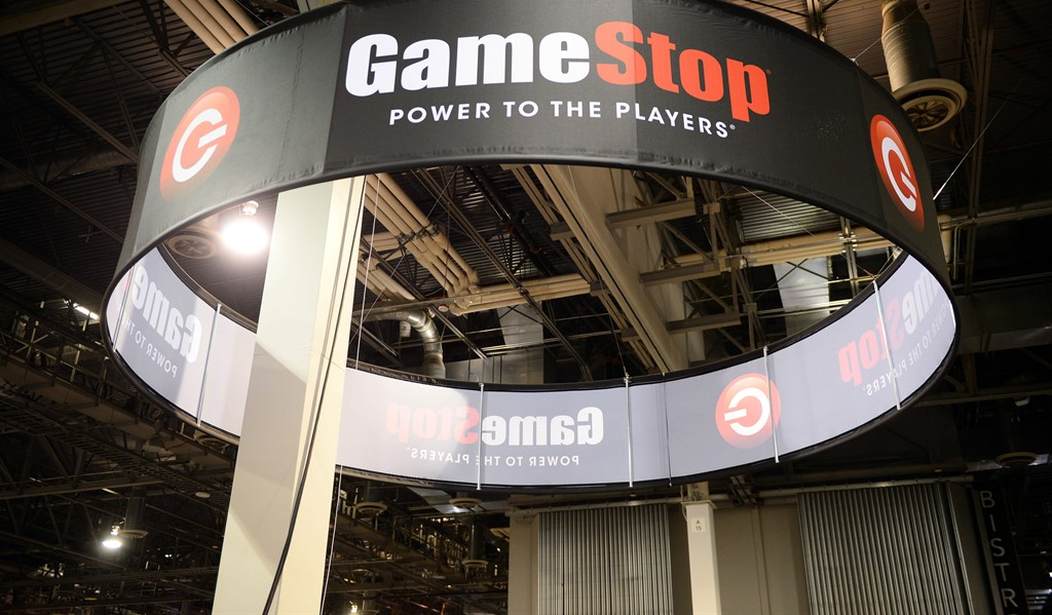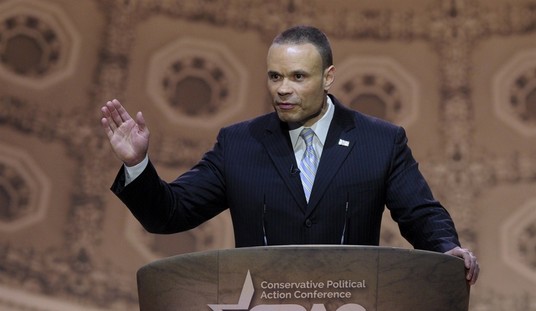Once upon a time, stock trading served as a way for businesses to raise capital and for traders to make investments. If companies flourished, stocks rose and investors made money; if not, stocks fell and investors lost money. This was the way the stock market was intended to function. Over time, however, more and more rules and regulations were added, each to address something that at the time was thought necessary to prevent cheating and manipulation. Just like the proverbial “Road to Hell,” Wall Street became paved with regulatory good intentions.
Instead of eradicating cheating, manipulation, and fraud every new “rule” or “failsafe” implemented by Congress or government regulators simply created new ways for inside players to game the system. Thus, an event like the “GameStop” phenomenon last week -- where the coordinated efforts of a social network group (Reddit’s “WallStreetBets”) drove up the price of GameStop’s stock, thereby costing short-sellers tens of billions of dollars -- is both unsurprising and was entirely predictable. The only surprising element was that the new kids on the block (retail investors) quickly turned the tables on the supposed Grand Masters.
“Short selling” occurs when an investor borrows stock from a company and immediately sells it, hoping when it is time to buy stock in which to return to the company, the price has gone down resulting in profit for the investor. On the other side, a “short squeeze,” which is what the Reddit group of retail investors instigated last week, involves buying-up stock to drive the price higher, forcing short sellers to abandon their position before taking a potentially astronomical loss. Normally this too is done for profit, but it appears the folks behind WallStreetBets did it to “teach” Wall Street a lesson.
Neither short selling nor short squeezes are new to the market. According to Investopedia, regulators have allowed short sells in some fashion since 1937. What made the GameStop phenomenon unique is that it appears to be one of the first times a short squeeze has been used against short sellers for “activist” reasons. This is what has the Wall Street Establishment upset and looking to Uncle Sam for help against these new “barbarians at the gate.”
Recommended
Rather than institutional investors taking their licks caused by the trading “commoners” who messed up their short selling game, Wall Street now hopes it can appeal to friends in the Biden Administration to “game the game” even further; once again stacking the deck in favor of connected institutions under the guise of keeping things “fair.” Making things fair, however, is the last thing that will happen whenever the Feds start tweaking the rules at the behest of large financial institutions.
Democrats may be quick to scapegoat the “rich” because it plays well to their base, but they are no different from any other crony capitalists; for example, when then-President Barack Obama and Vice President Joe Biden used their clout to funnel more than a half-billion taxpayer dollars to the overtly shady “green” company, Solyndra (a scenario which may be set for a repeat when now-President Biden implements his “Green New Deal”).
Interestingly, Rep. Alexandria Ocasio-Cortez proposed what so far has been the only reasonable government action in the GameStop saga, which is to ensure that Robinhood -- the trading app used here by retail investors -- did not act unlawfully or against its Terms of Service by suddenly placing limits on users trading stocks caught up in the short squeeze. Beyond that, however, only trouble looms for those looking for Washington to save their bacon, except, perhaps, for those with enough pull to grab a seat at the table when the new rules are crafted.
Ultimately, the GameStop drama is a metaphor for how far the stock market has strayed from its original purpose. While the government does have a legitimate responsibility to investigate and prosecute stock fraud, the role of the Securities and Exchange Commission is not to pat big investors on the back and help them out because they consider themselves, or are considered by the government to be, “too-big-to-lose.”
Whether hedge fund manager, day-trading hobbyist, or Internet activist, investing comes with inherent risks; risks that only increase when government starts meddling with the rules to make things more “fair.”

























Join the conversation as a VIP Member